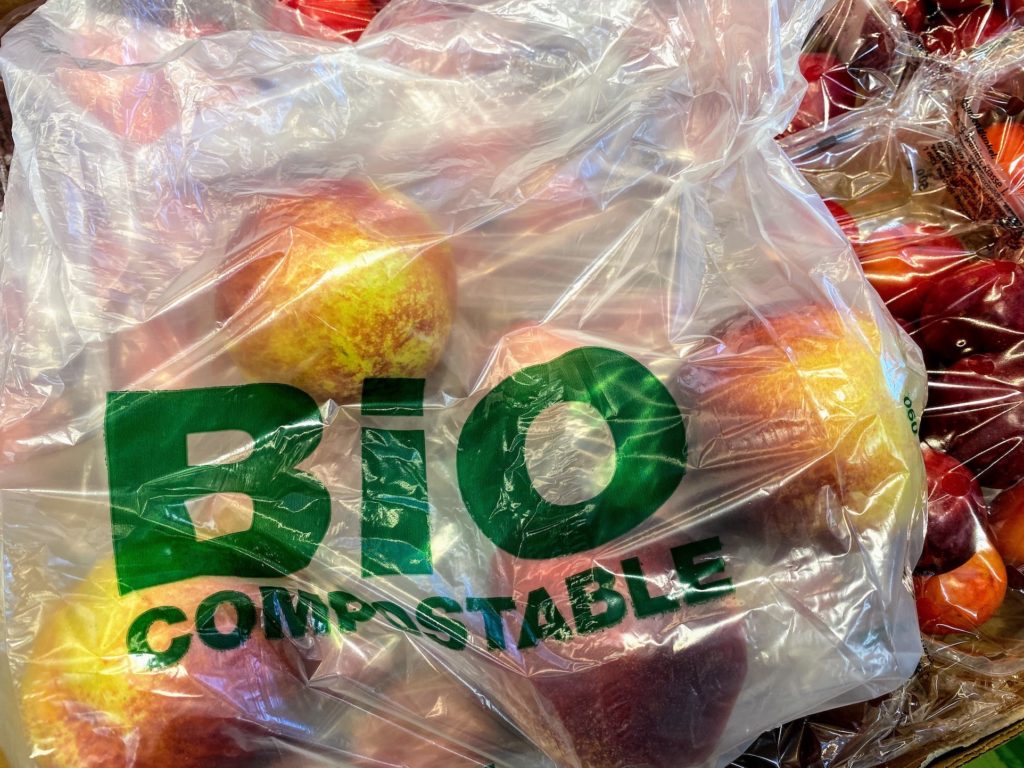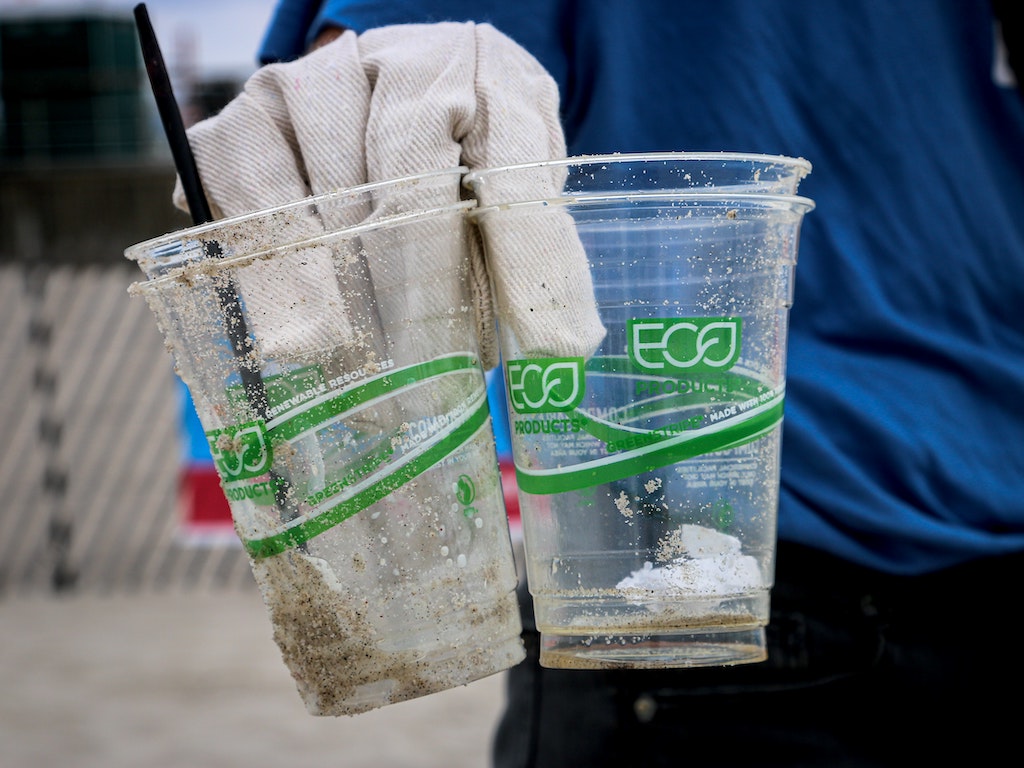Report: Half of ‘Green’ Claims on Plastic Products and Packaging Are Misleading
3 Mins Read
Nearly half of all “green” claims on plastic and plastic packaging products are misleading, a new analysis has found. Some of the statements branded on plastic items include recyclable, compostable, and bio-based. Many of them were labeled on products commonly found littered across beaches, from disposable bags to single-use cutlery.
A new study by nonprofits Environmental Coalition on Standards (ECOS) and Rethink Plastic has exposed the widespread misuse of “green” claims on plastic products. Looking at 82 plastic items in total, nearly half of the statements made were unclear, untrue, or had no relevance to solving plastic pollution.
“We have found lots of false solutions and gadget innovation where brands tell consumers they are acting to solve our environmental problems when they are not,” said Mathilde Crêpy, senior programme manager at ECOS.

Lack of credible evidence
The most common issue when products make sustainability claims is the lack of verifiable evidence. According to the study, 75% of all claims examined were self-made. This means they were not verified by any independent third parties.
Brands tell consumers they are acting to solve our environmental problems when they are not.
Mathilde Crêpy, Senior Programme Manager, ECOS
Examples of claims made on products include reusable, recyclable, and containing recycled materials. Other words included biodegradable, compostable, or bio-based.
Nearly half of all products (49%) were simply unclear, failing to provide enough information for consumers to evaluate their claims. 46% were irrelevant to solving the plastic pollution problem, such as the use of “biodegradable” on bottles, which researchers described as a “common false solution doing more harm than good”.
They point out similar biodegradable statements on clothing, which often end up in the landfill and “incentivise the take-make-waste consumption model”. A separate report found that nearly 60% of sustainability-related fashion claims, from high street brands to luxury labels, were greenwashing.

Clear standards needed
According to ECOS and Rethink Plastic, the rampant exploitation of “green” claims on plastic products is down to the lack of clear guidelines and standards.
For instance, many products had used the term “reusable” on cheaply made plastic tableware sold in supermarkets. Though these items can be used once or twice, they are certainly not designed for long-term use.
Prohibiting unreliable, irrelevant and confusing information is a key component in allowing consumers to make informed choices.
Justine Maillot, Policy Coordinator, Rethink Plastic
“This is due to the absence of clear standards on what can be referred to as reusable,” they wrote, adding that “clear definitions and criteria on what makes plastic items reusable are missing.”
Based on their findings, ECOS and Rethink Plastic called for legislation to set clear and specific rules for businesses to follow when it comes to making claims. They also recommended new rules to sanction greenwashing practices.
“EU decision-makers must act promptly…and hold companies accountable,” said Justine Maillot, policy coordinator at Rethink Plastic. “Prohibiting unreliable, irrelevant and confusing information is a key component in allowing consumers to make informed choices, and to actually prevent plastic pollution and achieve a truly circular economy.”
Lead image courtesy of Unsplash.




